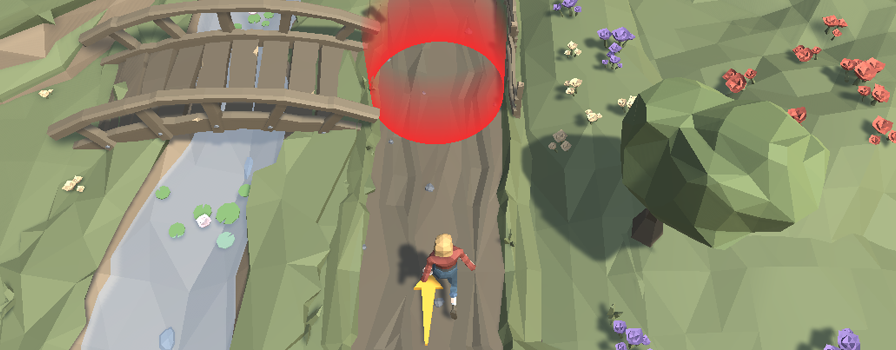Cognitive Videogame: Research Result in Cognitive Stimulation for Early-Stage Alzheimer's Disease.
This is the result of an academic research initiative led by Politécnico Colombiano Jaime Isaza Cadavid and Universidad de Antioquia, aimed at strengthening primary cognitive abilities in people with Alzheimer's disease.

Why this project?
This project was developed as part of a research initiative involving Politécnico Colombiano Jaime Isaza Cadavid and Universidad de Antioquia, funded by the Ministry of Science, Technology, and Innovation (MinTIC). Cognitive stimulation is a key non-pharmacological approach to Alzheimer's treatment. However, traditional therapies can often be unenaging or difficult to access, especially for individuals living in remote areas or facing mobility challenges. That's why we developed an interactive video game that not only provides cognitive benefits but is also accessible from any computer with an internet connection.
Who is this game for?
This game is designed for patients in the early stages of Alzheimer's, meaning those who can still read, interact with a computer, and follow guided tasks. The goal is to slow down cognitive decline by providing engaging and effective mental training. Developed with input from experts in neuroscience, psychology, and Alzheimer's patient care, this game ensures that every mechanic is backed by scientific principles of cognitive stimulation.
Research results
During testing, early-stage Alzheimer's patients interacted with the game and showed high acceptance. Even those with little or no prior computer experience found it easy and engaging, which helps encourage long-term adherence to cognitive stimulation therapy. Caregivers also observed increased patient interest, a crucial factor in ensuring consistent engagement with the game over time.
You can visit the research paper by clicking here.
Where can I play it?
You can currently try a demo of the research-based video game on this website. For privacy and confidentiality reasons, the full version cannot be publicly released at this time.